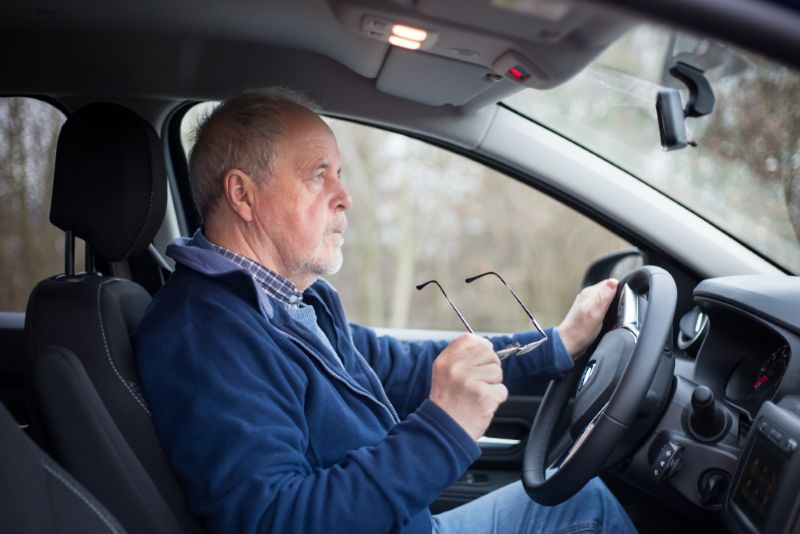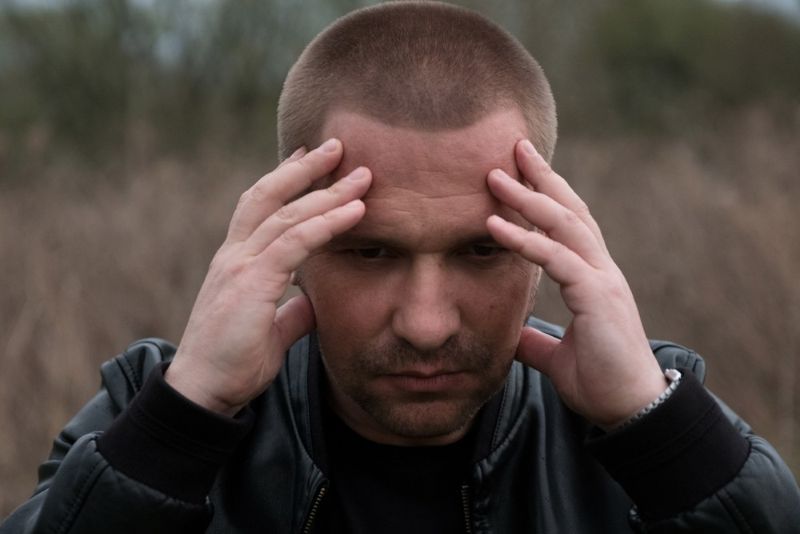When a child is accused of a crime, most parents assume the case will be handled in juvenile court. But in Colorado, there are certain situations where a child can face charges in adult court. This shift significantly raises the stakes, with harsher penalties, fewer rehabilitation opportunities, and long-term consequences that can follow a young person for life.
If your child has been arrested and you’re worried they may be charged as an adult, it’s essential to understand how these decisions are made. The law does provide options for prosecutors to seek adult charges against minors, but not every juvenile offense qualifies. At Datz Law Firm, we help families throughout Louisville and Boulder County protect their children’s futures and fight against adult prosecution whenever possible.
What Are the Age Limits for Juvenile and Adult Charges?
In Colorado, the juvenile justice system generally applies to individuals between the ages of 10 and 17. However, once a child turns 18, they are automatically considered an adult under criminal law. The gray area exists when a minor under 18 commits a serious offense, especially one involving violence or weapons.
According to Colorado law, a child can be tried as an adult under the following conditions:
- The child is 12 years or older and accused of a class 1 or class 2 felony, such as murder or kidnapping
- The child is 14 years or older and accused of a felony involving a deadly weapon
- The child is 16 or 17 and has prior felony adjudications or is charged with a serious violent felony
Even when the age and charge qualify for adult prosecution, the decision is not automatic. Prosecutors must request what’s known as a "direct file" or transfer hearing, and the court has discretion to approve or deny that request based on multiple factors.
What Factors Influence Whether a Child Is Charged as an Adult?
Courts in Colorado consider several factors when deciding whether to allow a juvenile to be tried as an adult. These include:
- The seriousness of the alleged offense
- The child’s age and maturity level
- Any prior criminal or juvenile record
- The use of violence or weapons during the offense
- The likelihood of rehabilitation within the juvenile system
- The impact on public safety
In some cases, even if the charges are severe, the defense can successfully argue that the juvenile system is better equipped to handle the youth's rehabilitation. This is especially true if it’s the child’s first offense, if there’s evidence of trauma or mental health issues, or if the child demonstrates remorse and willingness to participate in treatment programs.
At Datz Law Firm, we work with mental health experts, school counselors, and family members to present a full picture of your child’s background and potential for growth. Our goal is always to keep the case in juvenile court when possible.
What Are the Consequences of Being Tried as an Adult?
Juveniles tried as adults face the same penalties as adults, which can include long prison sentences, large fines, and a permanent criminal record. While Colorado has reformed some sentencing guidelines to avoid mandatory life without parole for juveniles, the punishment can still be extremely severe.
Unlike juvenile records, which may be eligible for sealing, an adult conviction is public and often permanent. It can affect future employment, housing, college admission, and even basic civil rights like voting or owning a firearm. Juveniles sentenced in adult court may also be incarcerated in adult facilities, which increases their risk of physical and emotional harm.
These life-altering consequences are why early legal intervention is so critical. A skilled juvenile defense attorney can argue for alternatives like diversion, treatment, or placement in youth programs, all of which focus on rehabilitation instead of punishment.

Can a Case Be Transferred Back to Juvenile Court?
Yes, in some situations, a defense attorney can request a "reverse transfer" hearing to move a case from adult court back to juvenile court. The judge will again consider factors such as the child’s background, likelihood of rehabilitation, and public safety concerns. Success in these hearings often depends on preparation, community support, and a well-documented history of the child's potential for reform.
Even if a case remains in adult court, a defense lawyer can still advocate for a sentence that takes the youth's age and circumstances into account. Sentencing alternatives, blended sentences, and participation in specialized youth programs may be available in some cases.
Reach out to Datz Law Firm today if your child has been charged with a serious offense. We’ll evaluate the case, explain your options, and fight to keep your child out of adult court and in a system focused on rehabilitation. Your child’s future depends on what you do next and we’re ready to help.




































































